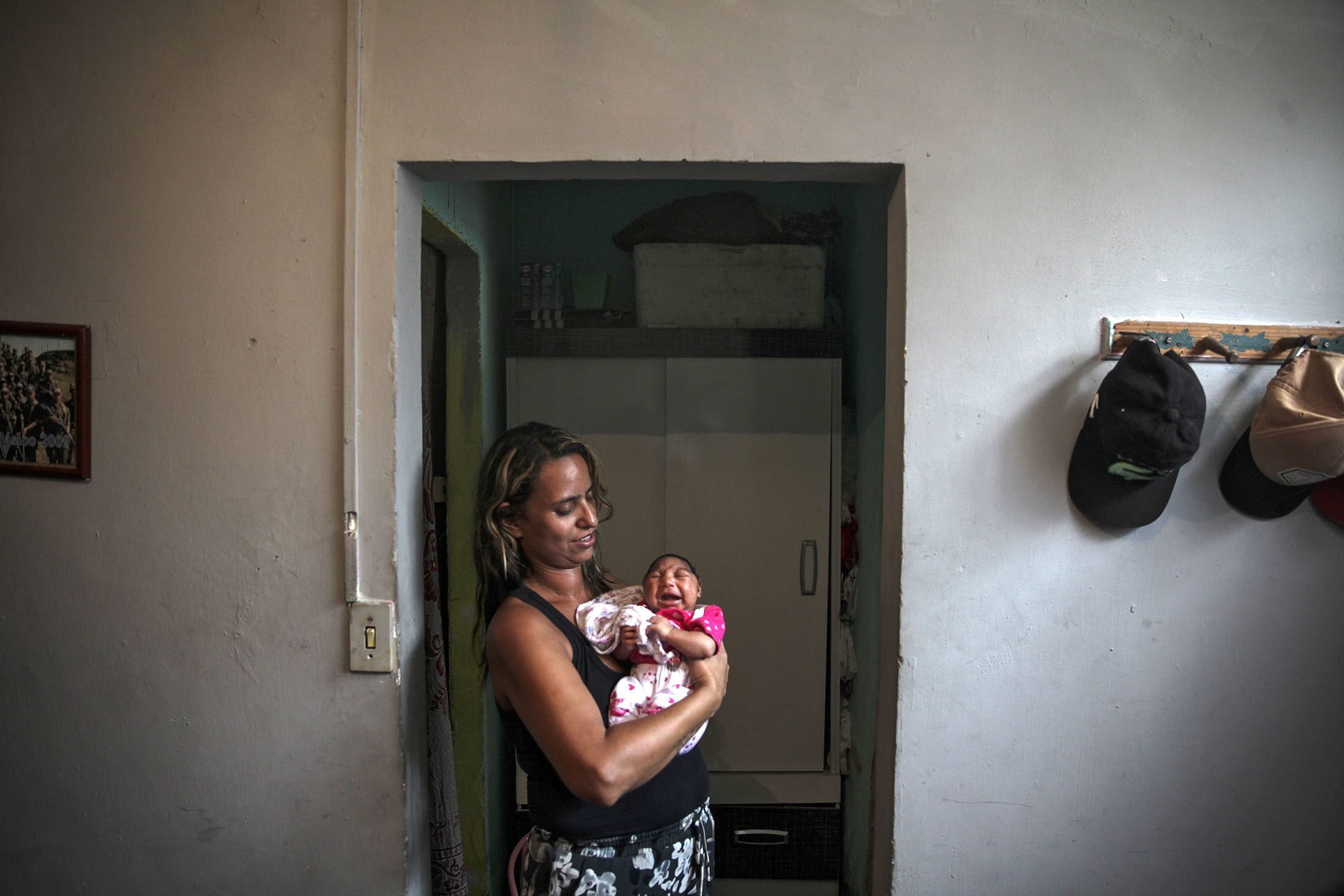
Politicians in Brazil are drafting plans to stiffen existing abortion laws and give jail terms of four-and-a-half years to women who abort fetuses with microcephaly. The move by members of the powerful evangelical caucus in the country’s federal congress comes as it faces international pressure to liberalize its tough abortion laws—including from the United Nations—in the face of the Zika epidemic. It serves as a blunt reminder that, even as the Pope hints at a relaxation in Catholic attitudes to contraception because of the outbreak, the conservative forces against abortion here are far stronger than those seeking to loosen the law.
Read More: Zika Hasn’t Hurt Africa—and That May Be the Key to Beating It
As in many Latin American nations, abortion is illegal in Brazil except in cases of rape, when the mother’s life is at risk or the if child would not survive. Currently, women who consent to an abortion or self-abort face between one and three years in prison. Doctors who conduct abortions face between one and four years if the woman has consented and between three and ten years if not.
Under the draft law, those penalties would increase significantly in cases of abortion because of microcephaly or other abnormalities, taking the maximum sentence to 15 years. “With the crisis that has hit our country a feminist movement has tried to take advantage to change our abortion laws,” says the bill’s author Anderson Ferreira, a member of Brazil’s lower house from the Republic Party. Ferreira represents the state of Pernambuco, the epicenter of the outbreak of thousands microcephaly cases that may be linked to the Zika outbreak. “This movement needs to be confronted,” he adds. “Everyone needs to realize the gravity of the crime that is abortion and that it is not acceptable.”
The movement Ferreira refers to is the Institute of Bioethics, which is preparing a submission to Brazil’s Supreme Court to allow women to abort fetuses with microcephaly, and ensure women have access to contraceptives and Zika tests. A similar motion to allow abortion in the case of anencephaly, where the upper brain and skull does not develop, was accepted by the court in 2012. Given the difficulty of identifying microcephaly before near the end of a pregnancy—tests usually don’t work until the third trimester—the group wants to legalize abortion for all women diagnosed with Zika.
Read More: How Health Experts Will Definitively Link Zika to Birth Defects
Anthropologist Debora Diniz, the founder of the institute, admits she faces an uphill task. Not only does Brazil’s constitution guarantees a right to life, including for fetuses, but its congress is heavily conservative and polls in recent years have shown support for the current laws at between 72 and 82 percent. “There is no political climate in Brazil to have a debate about abortion,” she says. “Normally when you bring it up, everything else is forgotten. It is unacceptable.
“But this is an emergency. We need to try to talk about what we can do to help these women, even if that includes the option of abortion.”
Suspected cases of microcephaly have risen to more than 4,000 in Brazil in recent weeks, with more than 400 of those confirmed. The Zika virus was first detected in April. Those figures compare with about 150 cases in a normal year, Brazil’s government says, although a recent WHO study uncovered evidence that figure might have understated the number of cases. The crisis has led the World Health Organization to declare the Zika-linked birth defects a worldwide public health emergency.
Ground Zero of Brazil’s Zika Outbreak
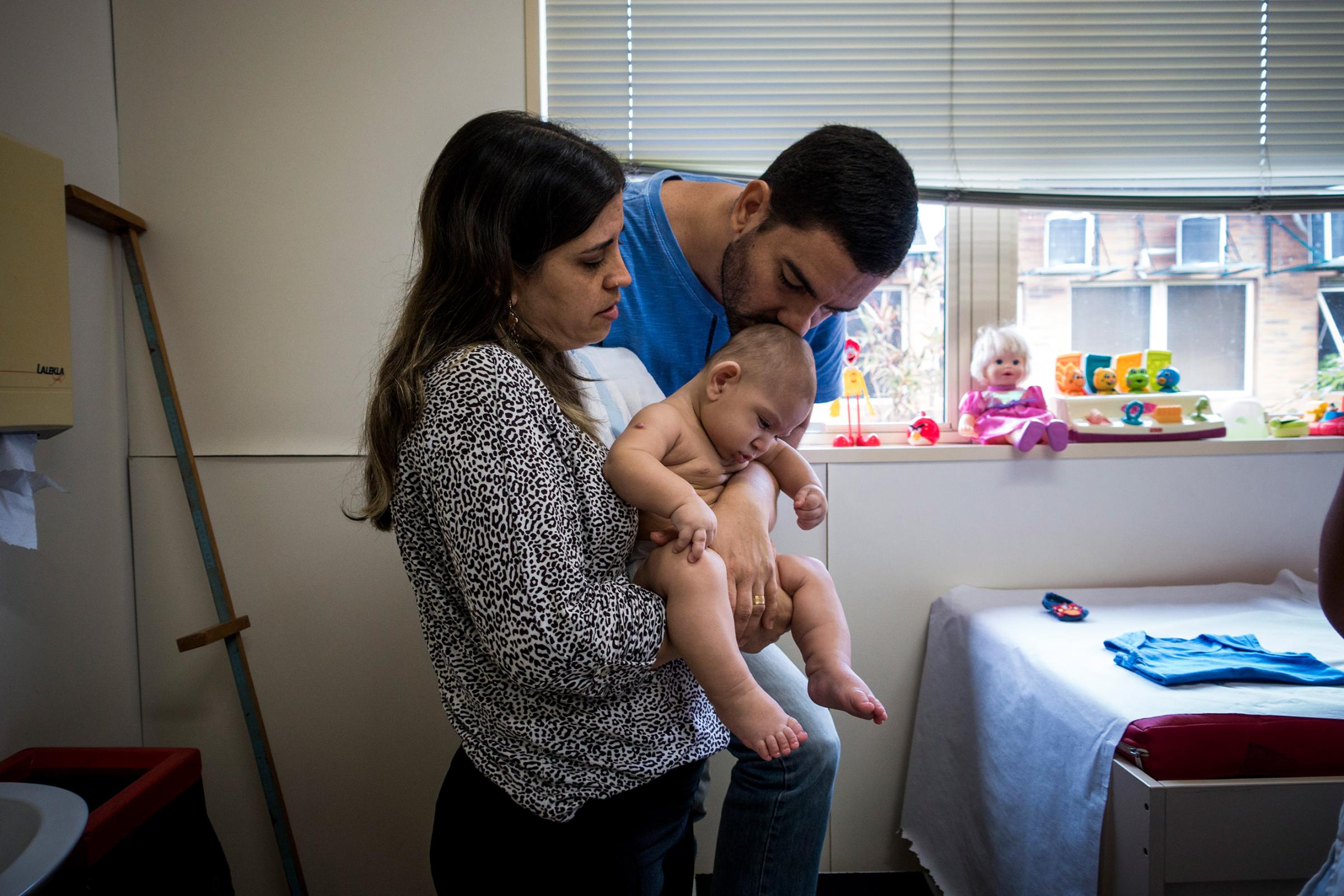
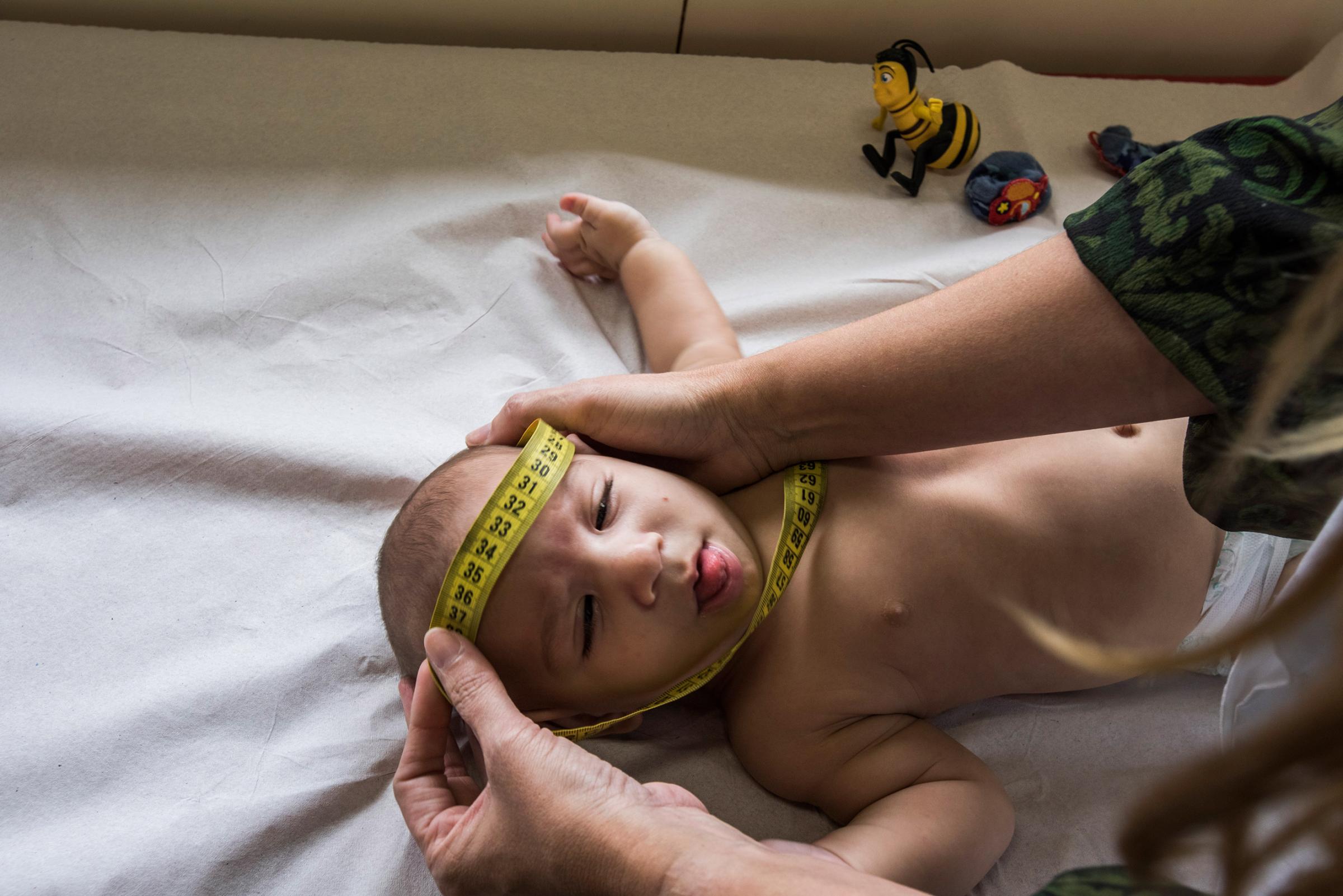
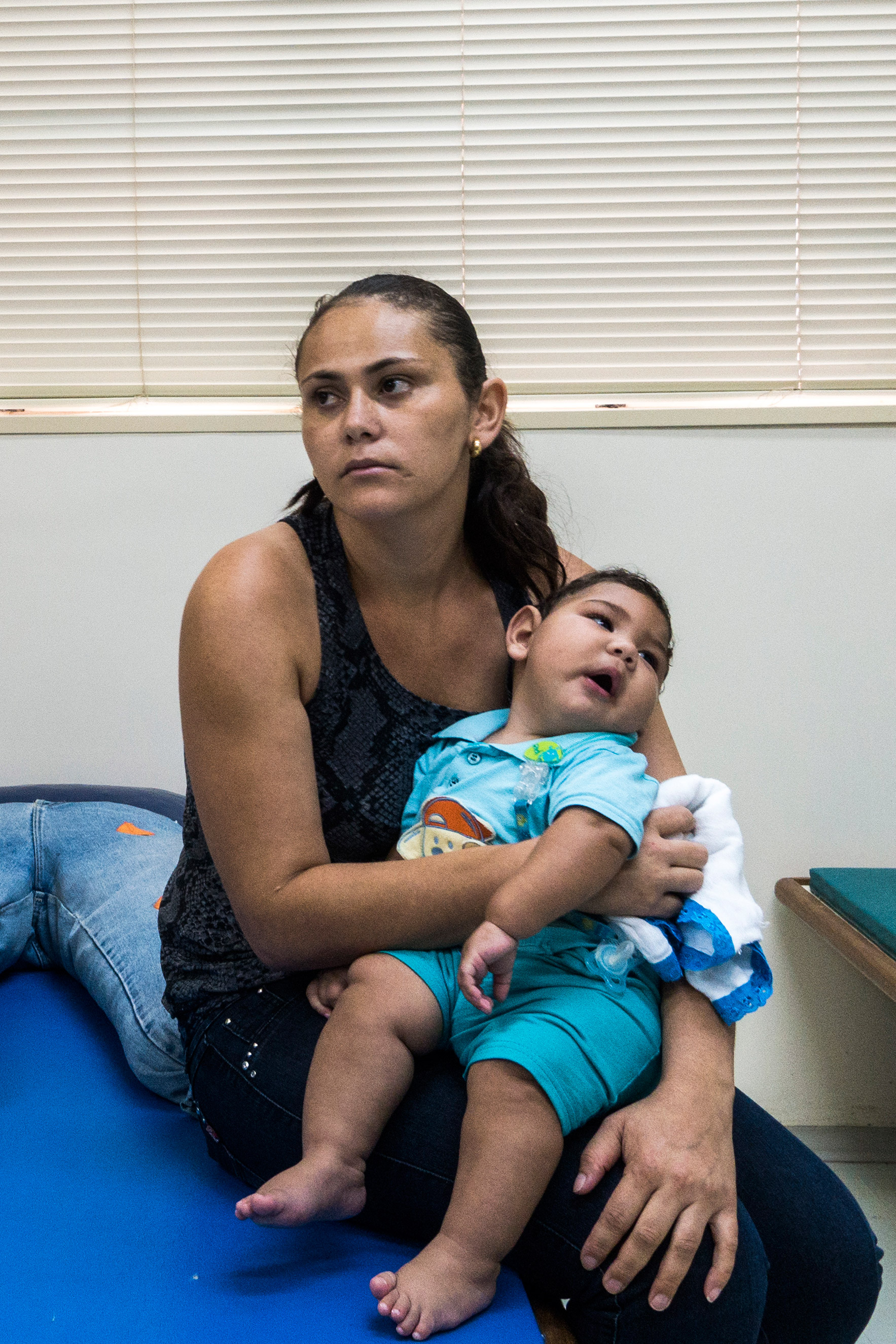
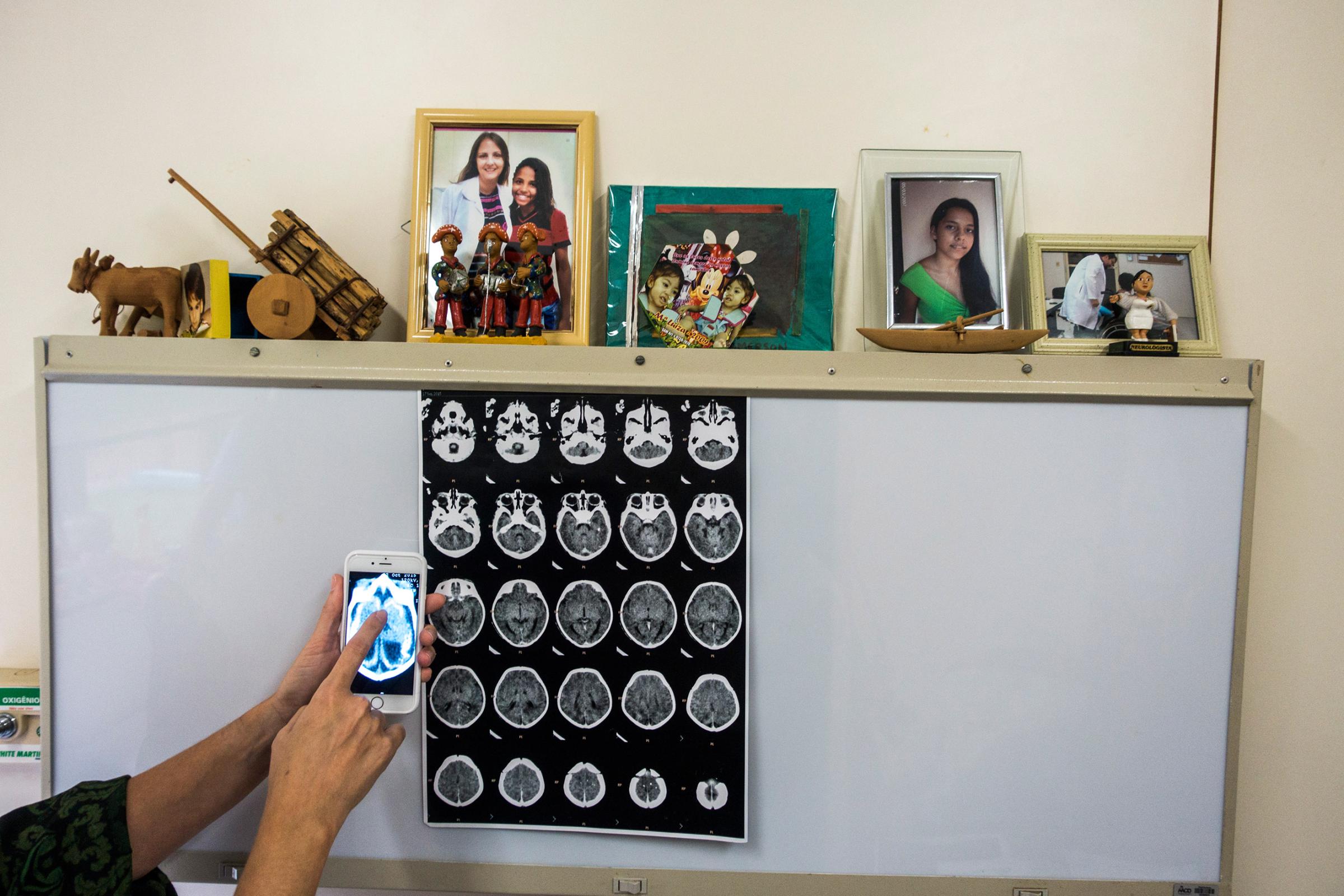
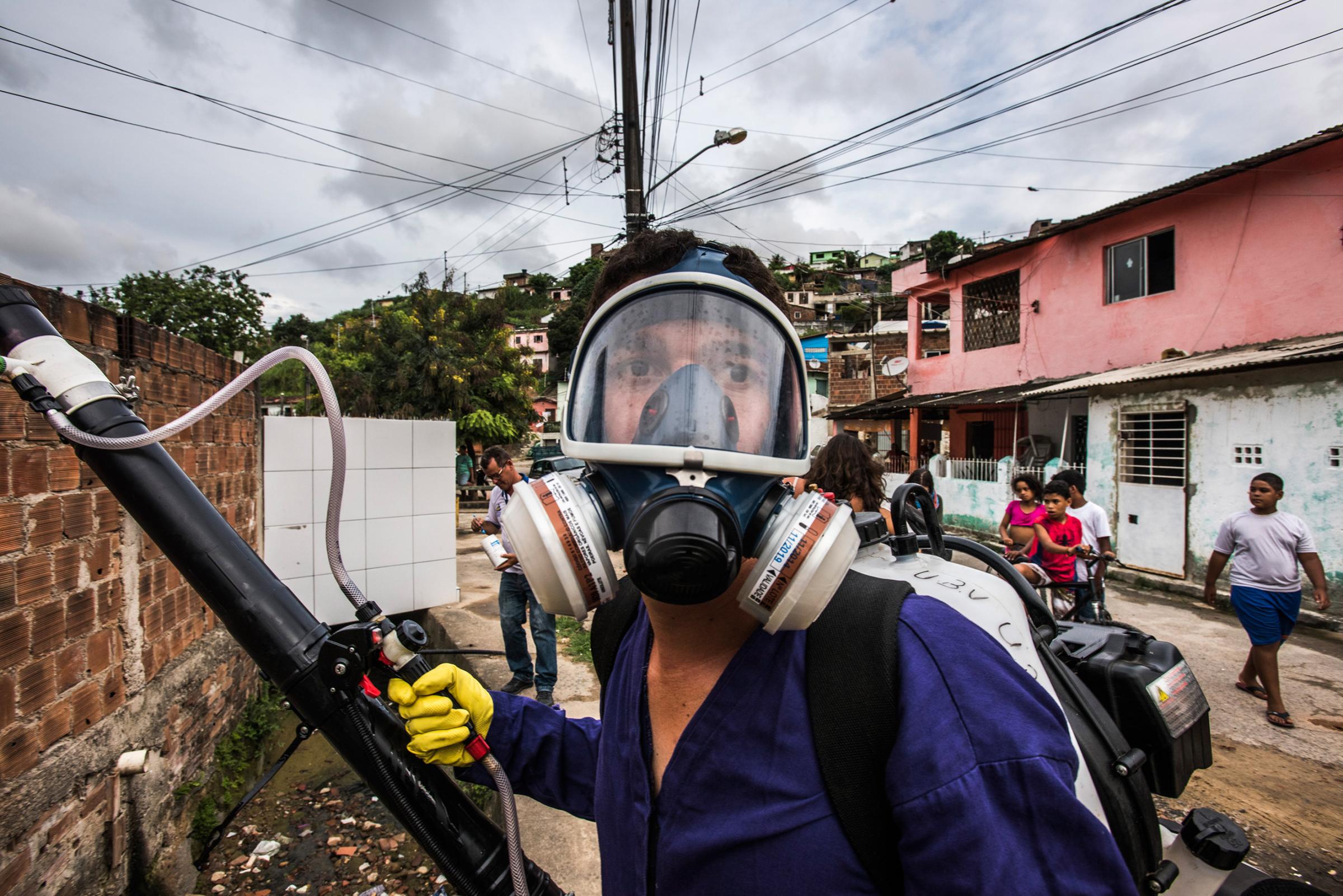
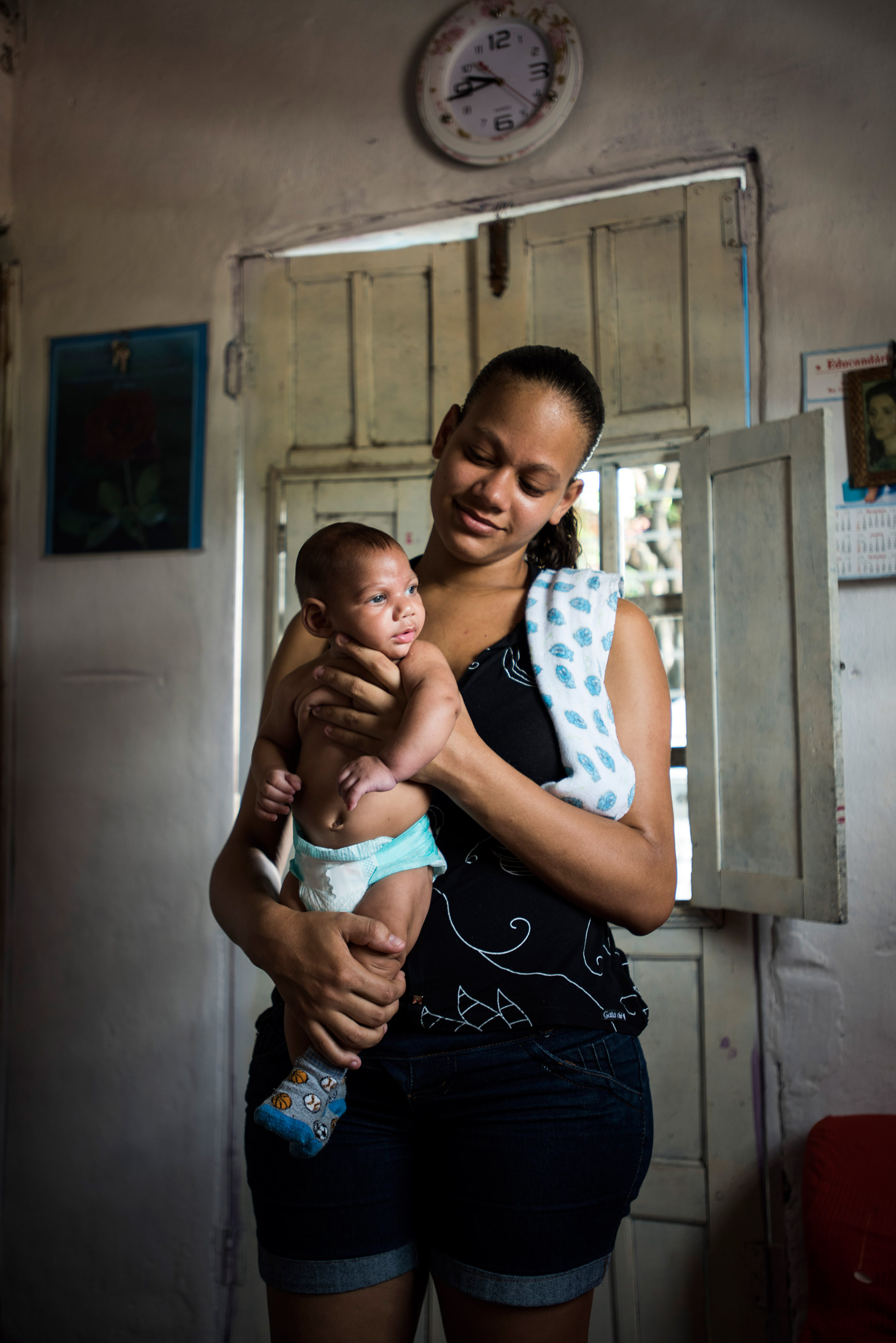
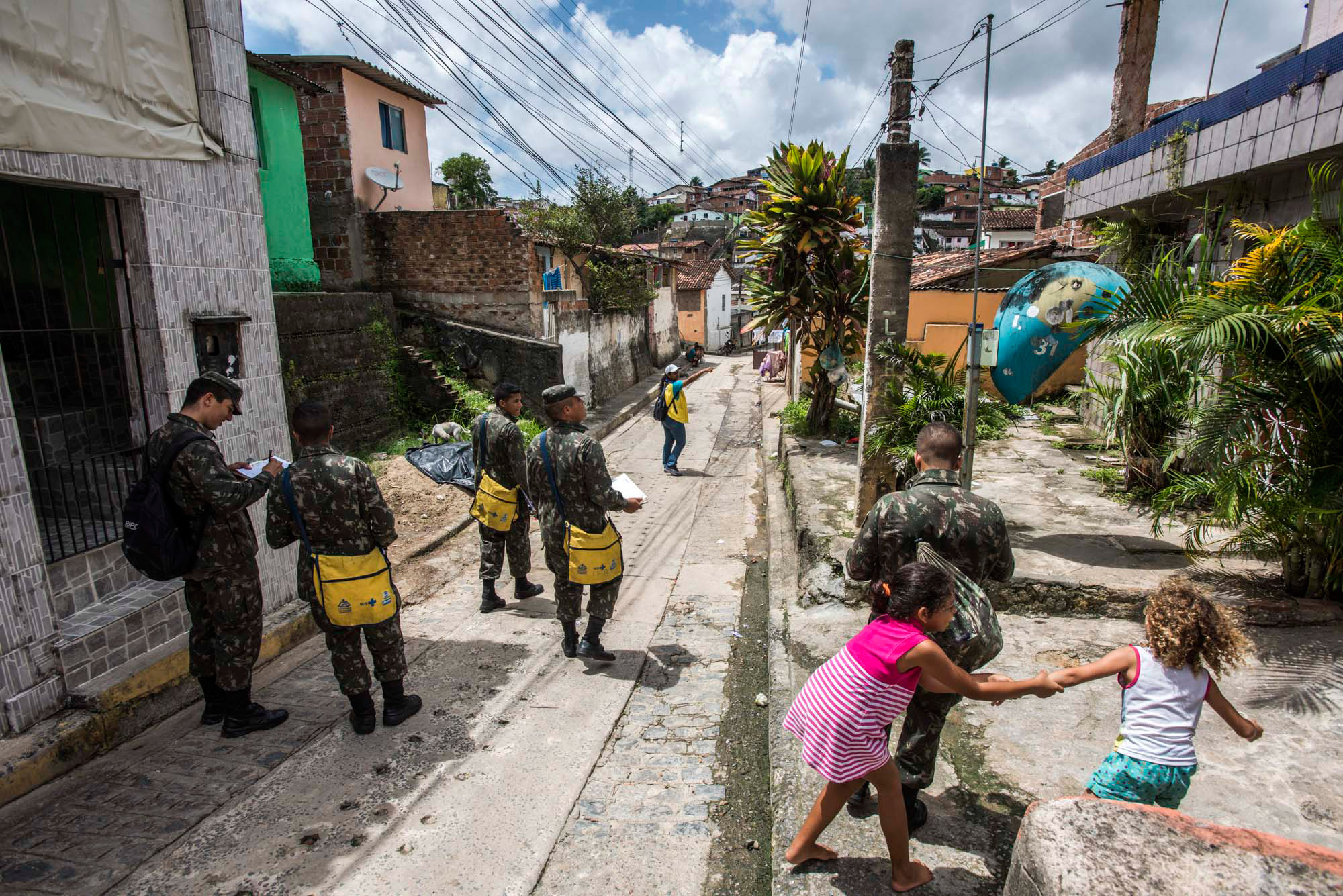
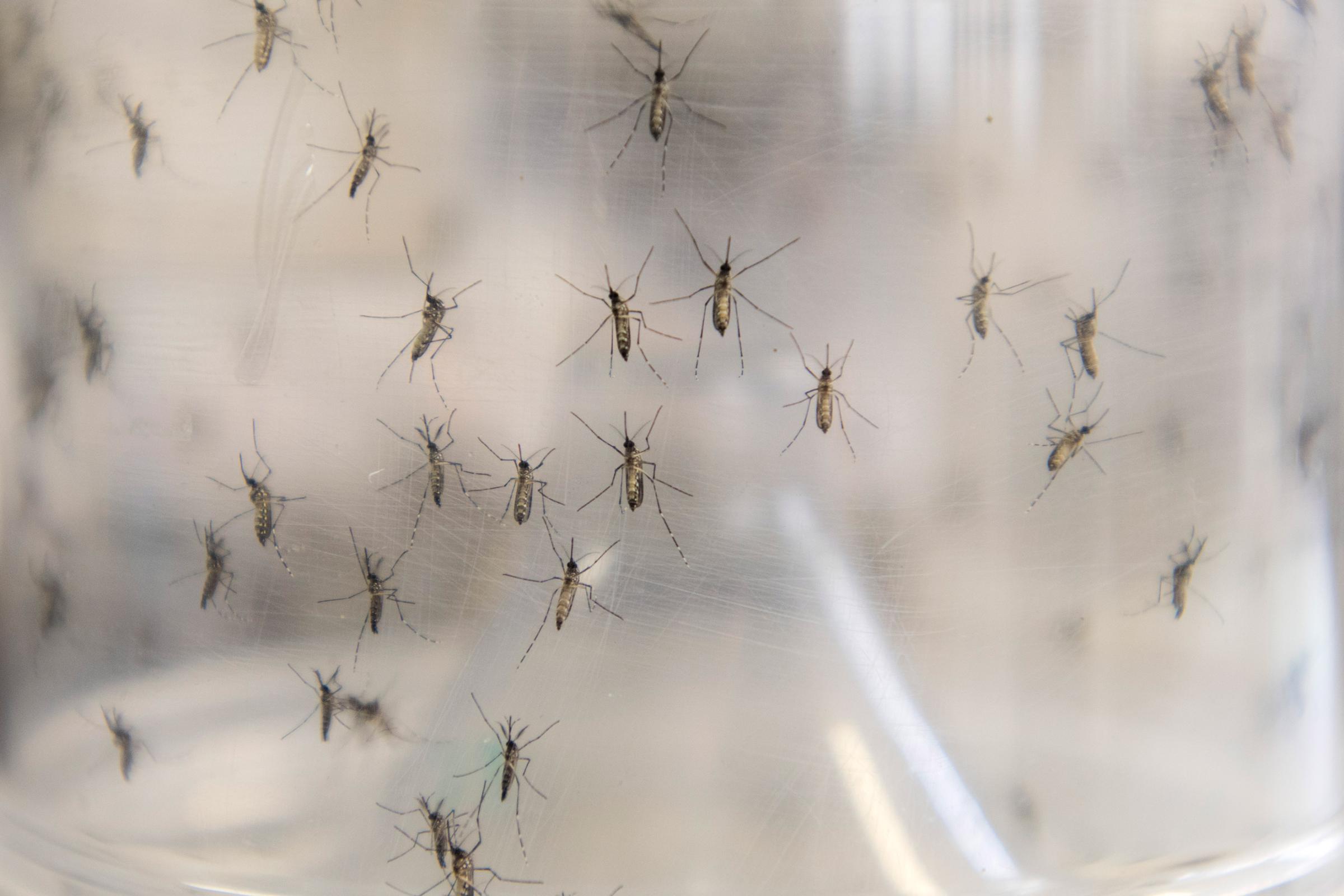
The need to deal with the situation comes at a difficult moment for Brazil, with President Dilma Rousseff facing impeachment proceedings and the country facing in its worst recession since 1901. The 2014 elections returned a conservative congress with many evangelicals, who make up a fifth of Brazil’s population. Representatives have also proposed restricting access to abortion in cases of rape; loosening gun control laws; and specifically defining marriage as between a man and a woman.
The abortion debate that has played out loudly internationally has not been so prominent within Brazil, and many lawmakers declined to talk to TIME on the subject. The Catholic church in Brazil, another powerful institution, has also rejected the suggestion of any loosening of its abortion laws. “Microcephaly has been occurring in Brazil for years. They are taking advantage of this moment to reintroduce the abortion topic,” Auxiliary Bishop Leonardo Ulrich Steiner, secretary general of the Brazilian Bishops’ Conference, told the Estado de S. Paulo newspaper. “Abortion leads to eugenics, the practice of selecting perfect people.”
Despite the legal restrictions, an estimated 850,000 women in Brazil have illegal abortions every year,. and in practice criminal prosecutions are very rare. About 200,000 women were hospitalized in 2013 because of complications from such abortions, according to research.
More Must-Reads from TIME
- Donald Trump Is TIME's 2024 Person of the Year
- Why We Chose Trump as Person of the Year
- Is Intermittent Fasting Good or Bad for You?
- The 100 Must-Read Books of 2024
- The 20 Best Christmas TV Episodes
- Column: If Optimism Feels Ridiculous Now, Try Hope
- The Future of Climate Action Is Trade Policy
- Merle Bombardieri Is Helping People Make the Baby Decision
Contact us at letters@time.com